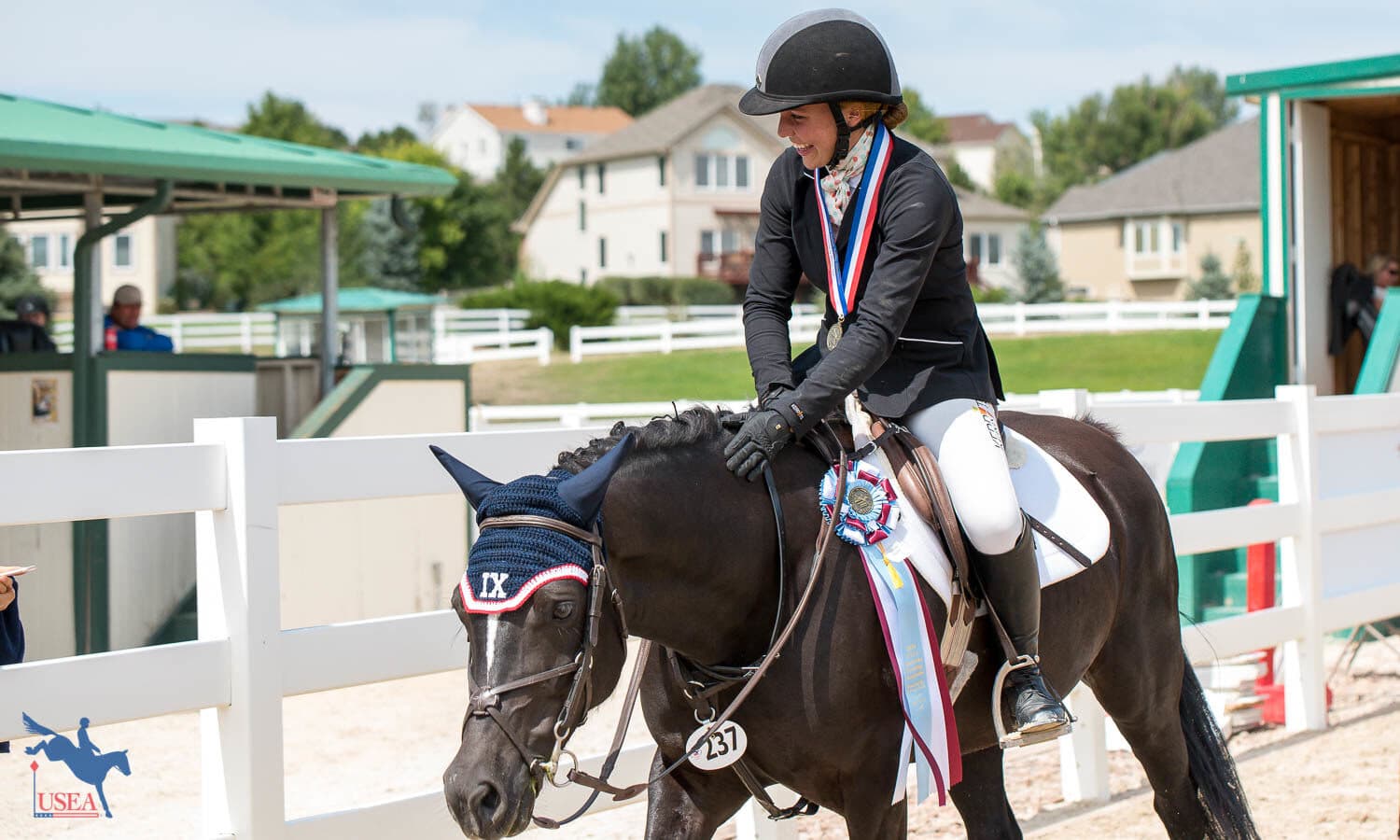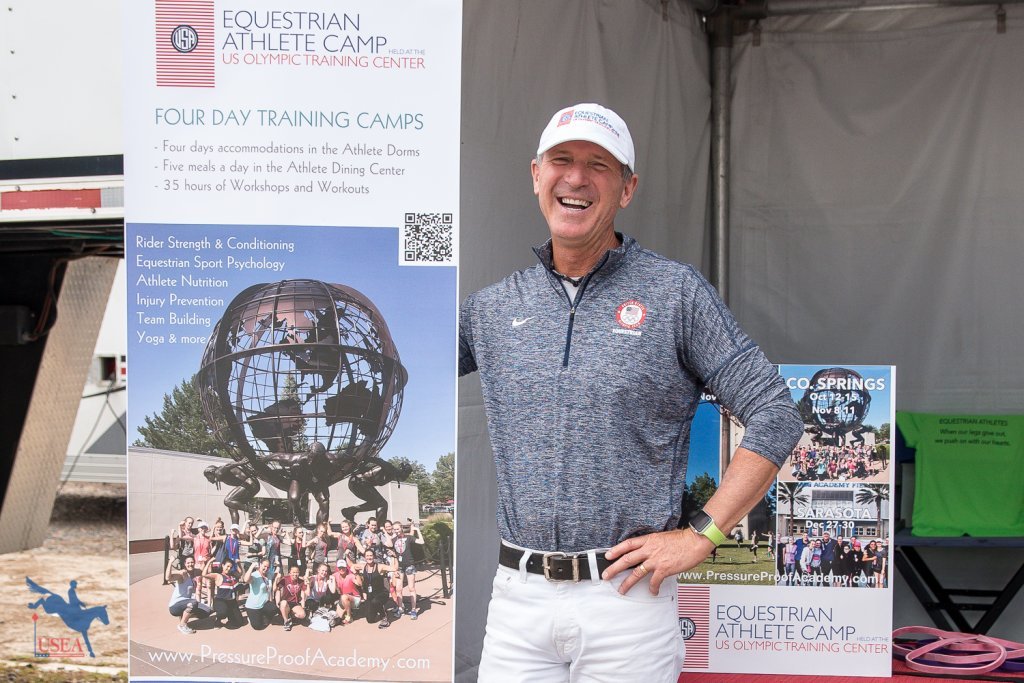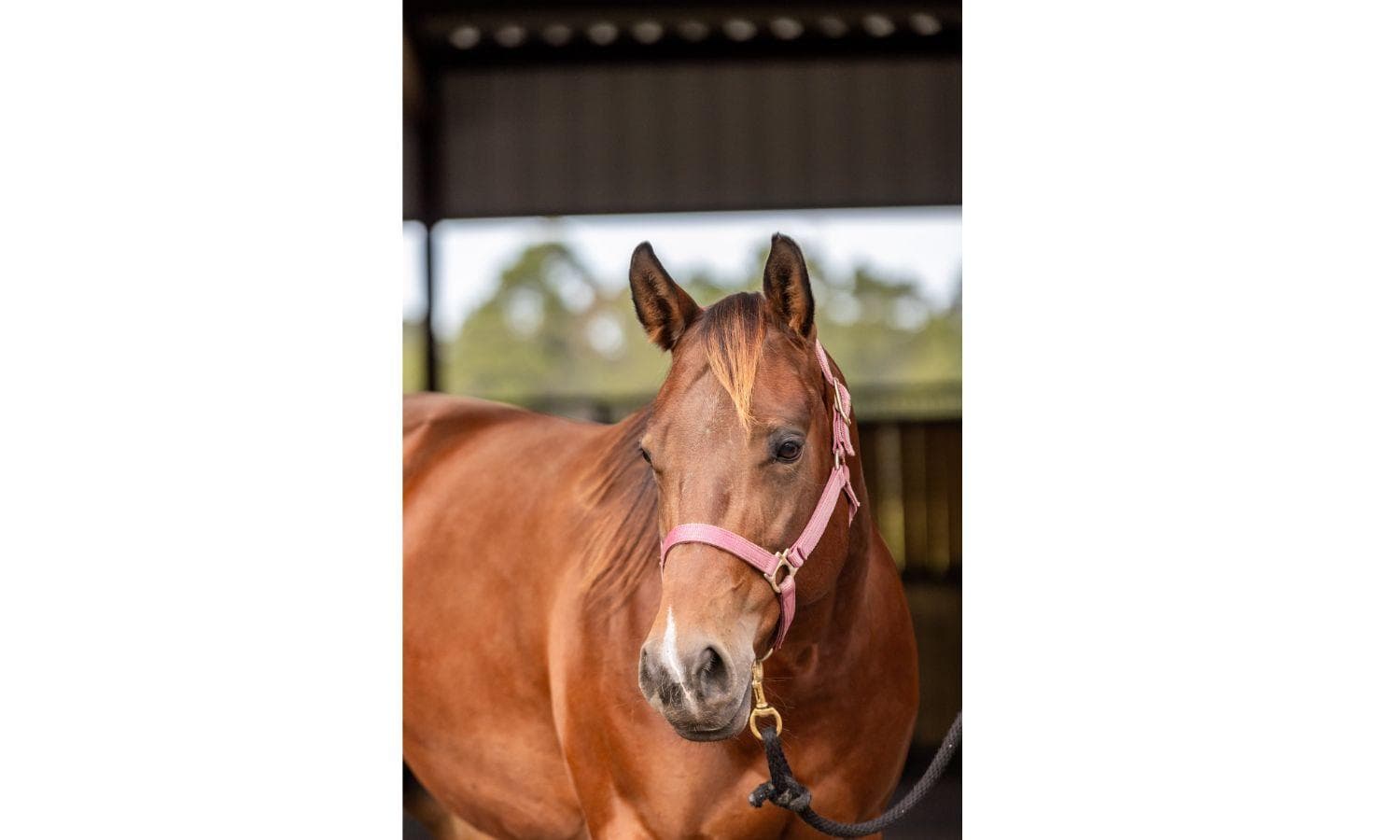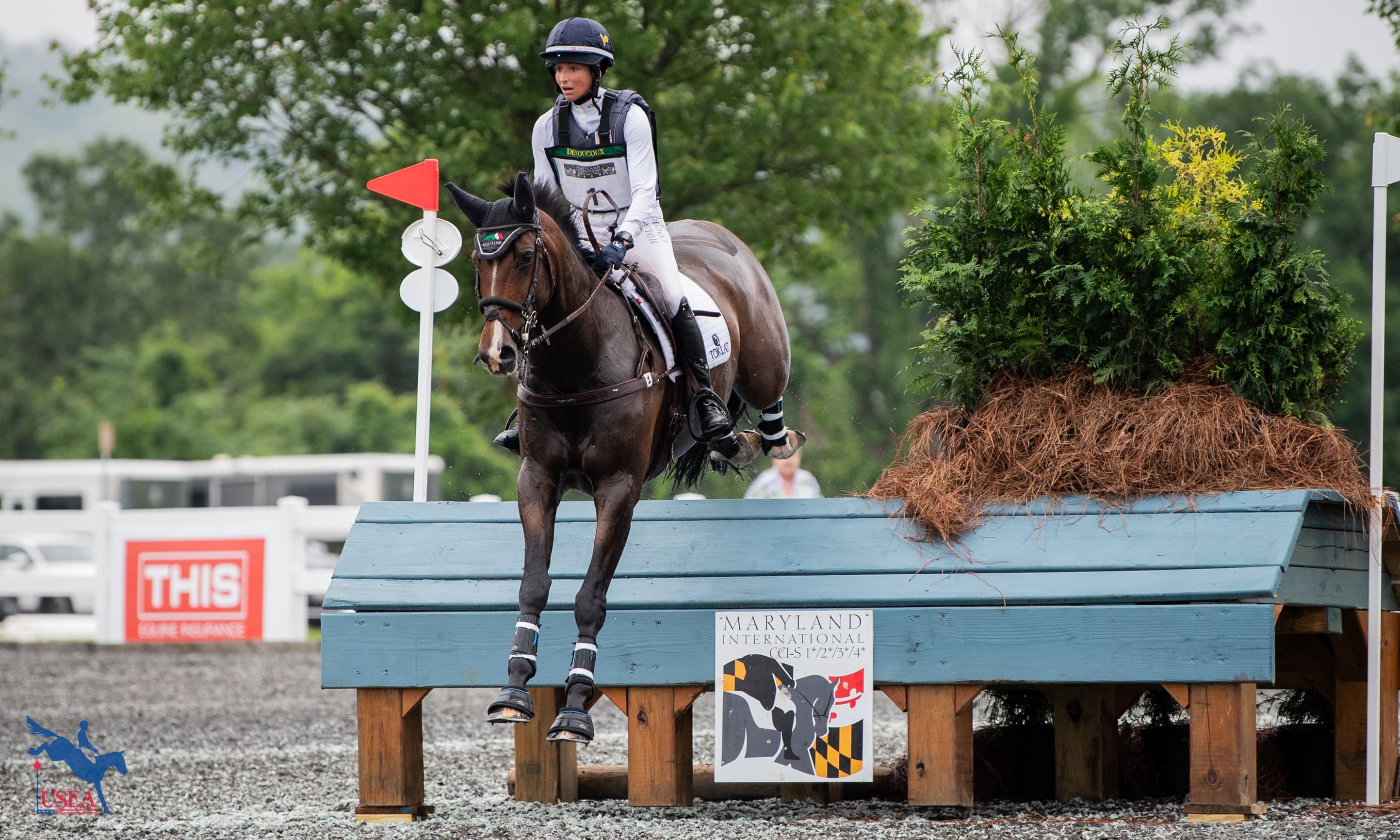Daniel Stewart's Tip of the Month: GPS for Your New Year's Resolution

If you’re like most people there’s a really good chance you’re going to make a New Year's resolution this year… and if you’re like most people (88% to be exact) there’s also a really good chance you won't be able to hang onto it past the beginning of February!
We all have great intentions in life, but sometimes life gets in the way of our great intentions. One reason so many people struggle keeping New Year’s resolutions (or achieving any other goal, for that matter) is because most riders focus entirely on the goal but forget to identify any problems that might stand between them and that goal!
For example, it’s a great idea to eat healthier in 2019, but it’s going to be really hard unless you identify - and change - any problematic behaviors like eating sugary foods late at night before bed. In this way, when you identify and overcome the problem, you also identify the way to achieve the goal! This is called probabilistic thinking, which is just a really bad word for the really good idea of anticipating possible problems so they don’t derail your attempt to reach your goals.
So, what is GPS and how can it help you become one of the 12% of people who stick to their resolutions and other goals this year? Well, GPS is an acronym for Goal, Problem, Solution, and like a GPS in your car that gets you where you want to go physically, the GPS in your head gets you where you want to go mentally. It’s also a really cool mental-training tool that combines two important sport psychology techniques: goal-setting and problem-solving.
Your mental GPS works in three stages. You begin by identifying a meaningful goal you’d love to accomplish (like eating healthier or riding more confidently in front of crowds). Once you’ve identified your goal, you move onto the second stage, which is to think of any possible problems that might stand between you and it. Once you’ve identified a possible problem, you move onto the third step, which is to find a solution and develop a strategy to solve that problem so you can achieve your goal.
Here’s a good example of the GPS model:
G: Your goal is to ride as confidently at shows as you do in your lessons.
P: The problem is that you only compete once a month, which isn't frequent enough to get desensitized to the constant craziness of competition.
S: The solution is to organize weekly mock competitions during your lessons (including warm-up arenas, start times, spectators, delays, judges, etc.) so you can practice the skills needed to become a confident competitor.
An underlying key to the success of the GPS method is that (according to studies) the process of solving problems can actually make you happier and than achieving the goals themselves. So, this New Year’s Eve, turn on your GPS by identifying a meaningful goal; a possible problem standing in your way; and most importantly, a solution and strategy to solve it. Once you’ve set your GPS, tell it to someone like your trainer, spouse, or riding mate (called publishing your goal) because it’s been proven to increase your likelihood of achieving it. Last but not least, remember that when it comes to achieving goals with your GPS, if you don’t know where you’re going you’ll probably end up somewhere else!

I wish you a wonderful Holiday Season and a Happy New Year and hope you’ve enjoyed my monthly tips this past year. If you have, please consider joining one of my spring or summer Equestrian Athlete Training Camps held at the U.S. Olympic Training Center in Colorado Springs, Colorado or Lake Placid, New York, where we’ll spend four days discussing even more mental coaching tips in addition to rider fitness, athlete nutrition, team-building, yoga, injury prevention/recovery, and much more. Riders of all levels and disciplines are welcome and members of the USEA receive a $255 scholarship. Click here for more information.
Interested in sports psychology? Applications for the 2020 Worth the Trust Sports Psychology Scholarships will be available soon and are due on October 7, 2019. For more information, please contact Nancy Knight, (703) 669-9997.














